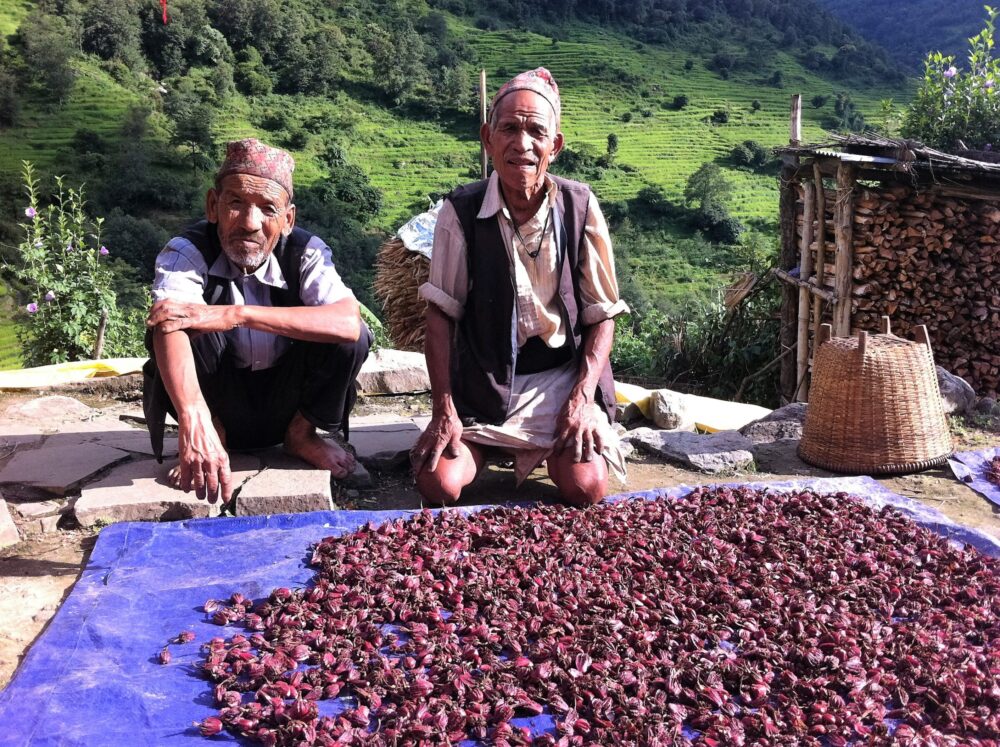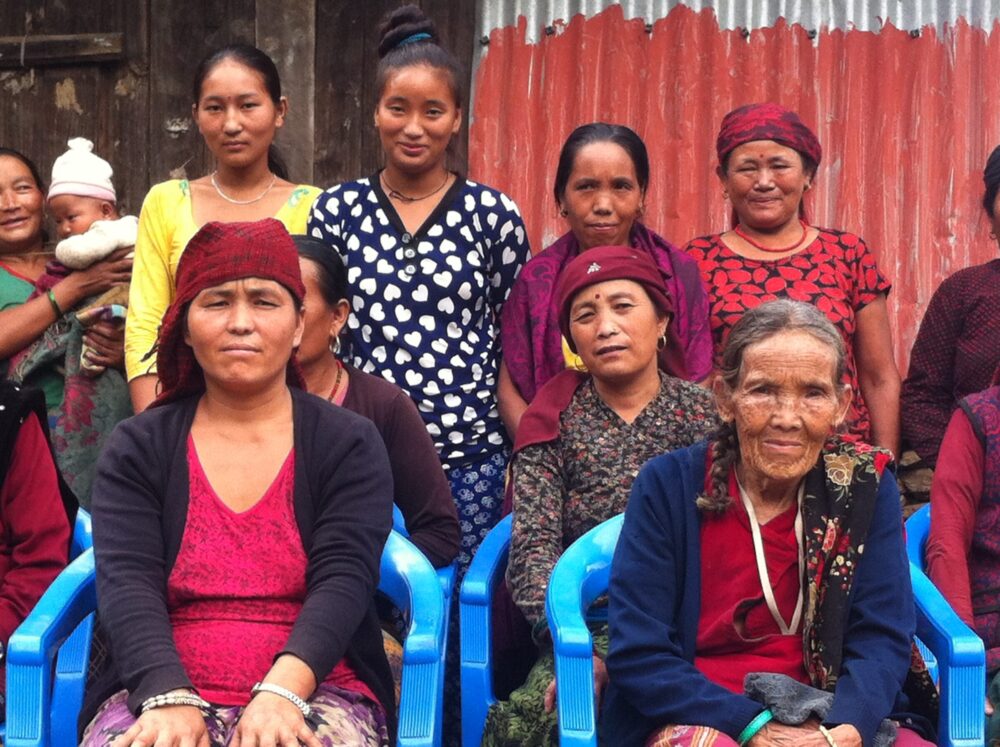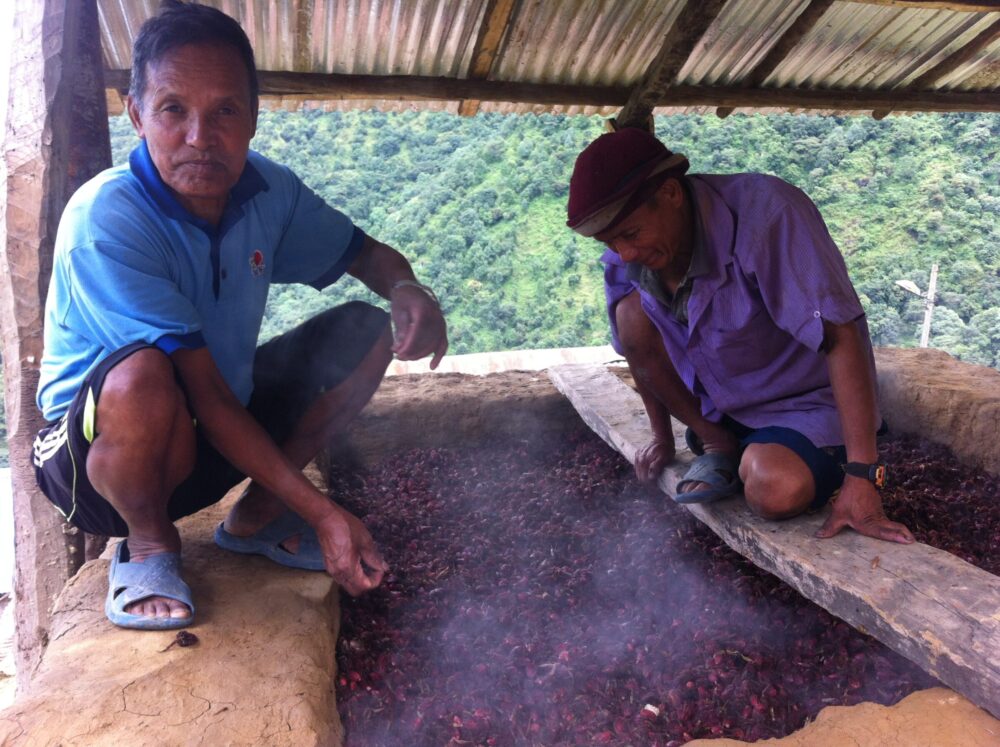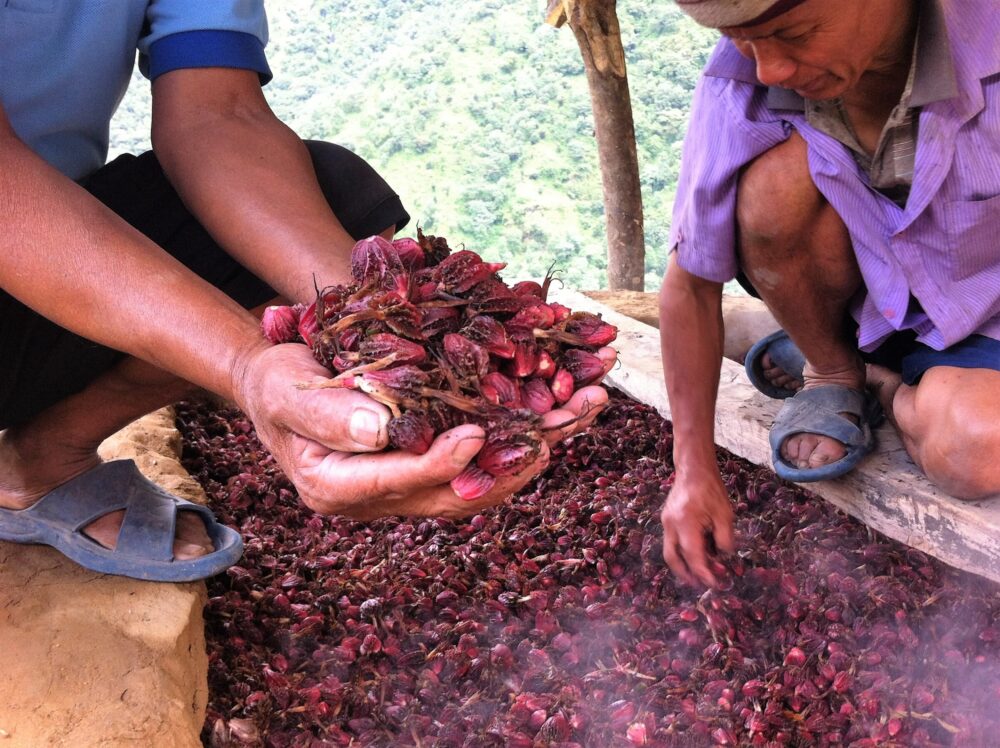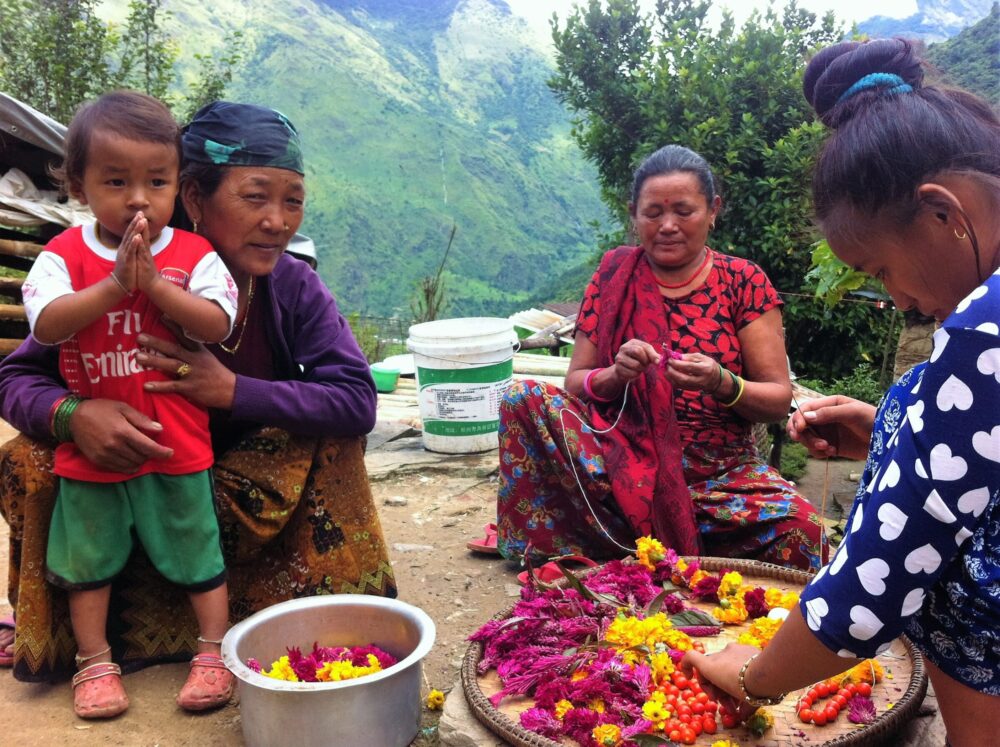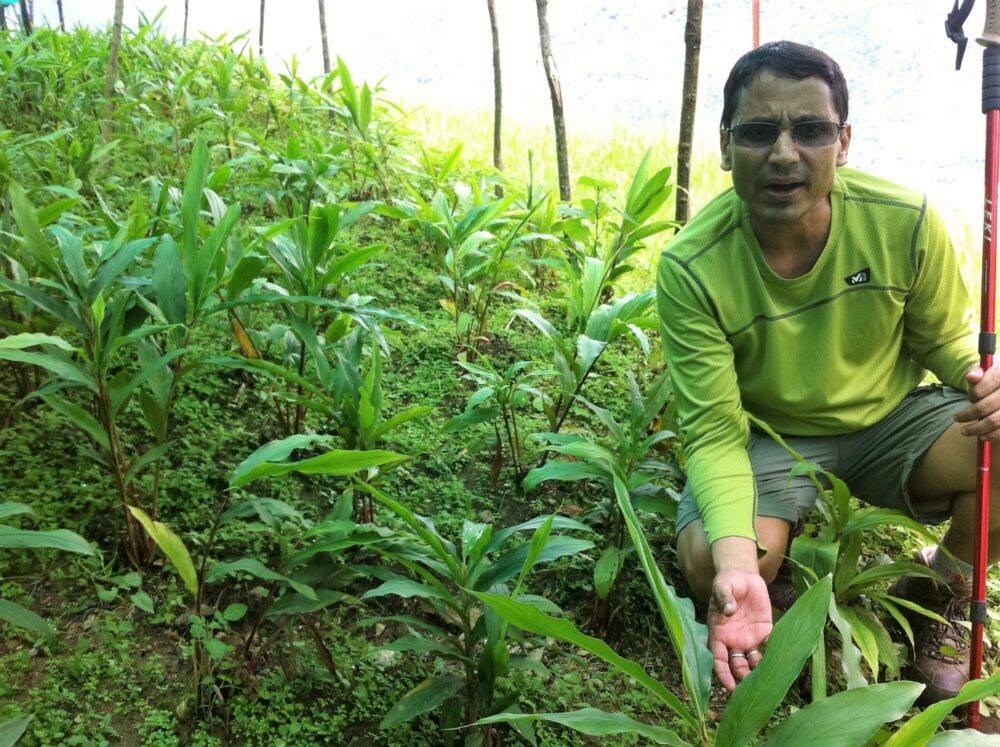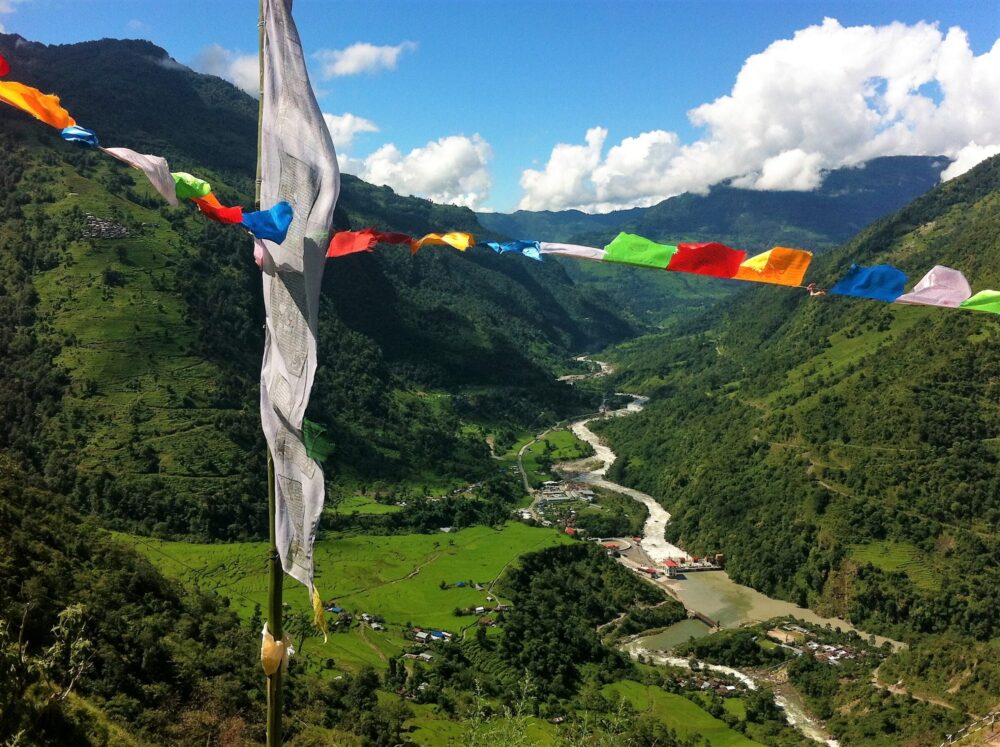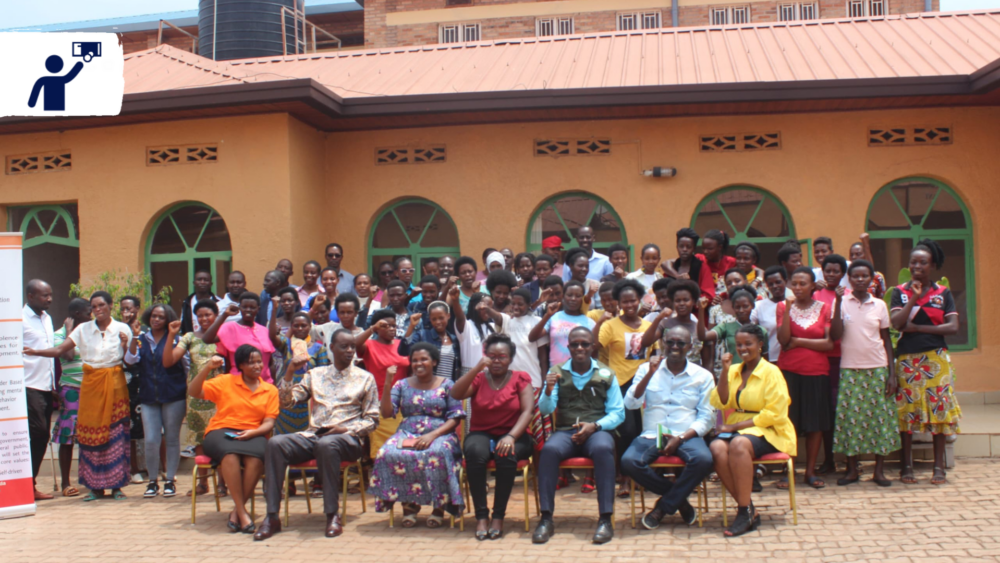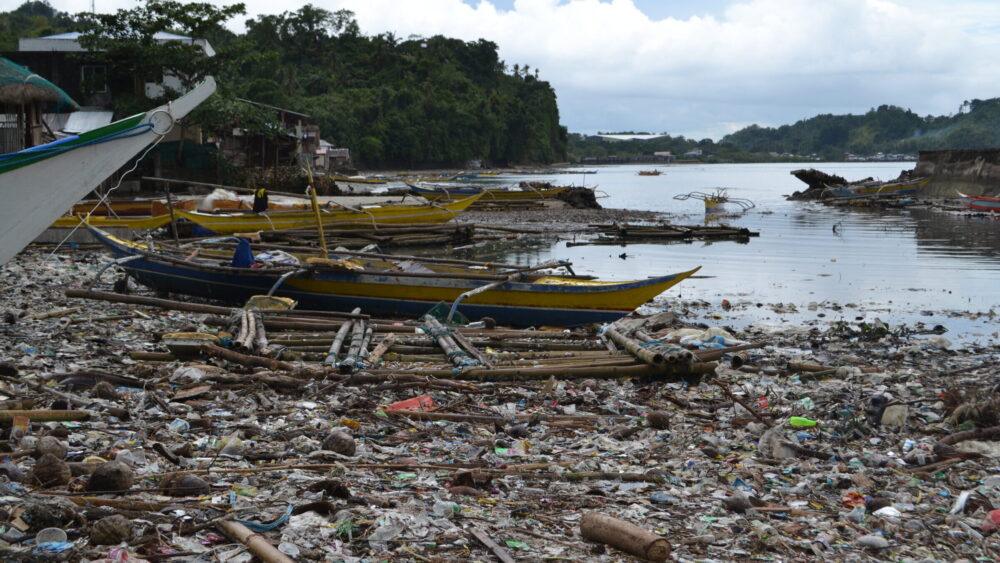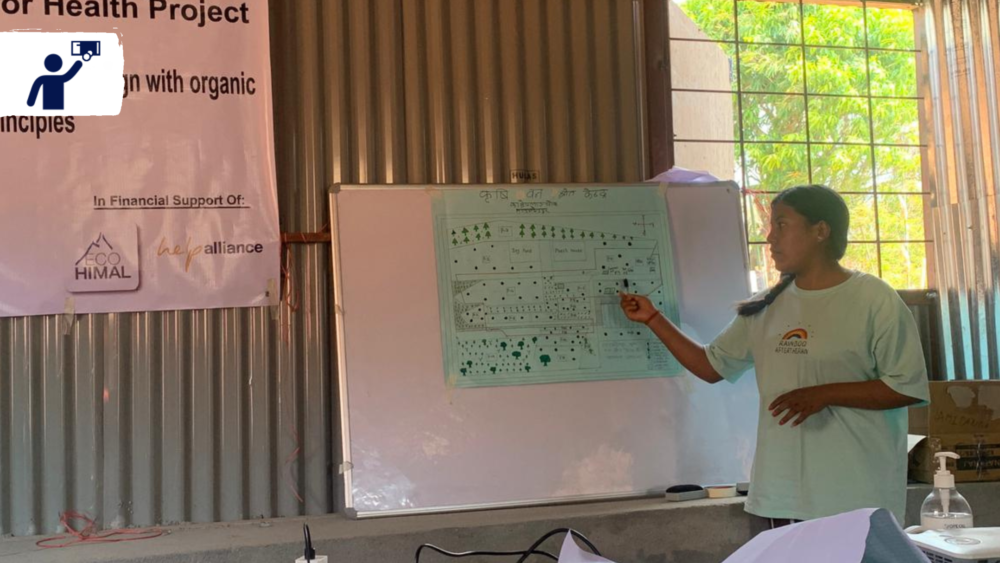
Farming for Health, Kalikot and Salyan District
The project promotes sustainable spice production – especially cardamom and Szechuan pepper. By increasing the quality of the product, it is possible to sell it at a fair price, thus improving the income of the local small farmers.

Project Background
In April and May 2015, the South Asian landlocked state of Nepal was shaken by severe earthquakes and several violent aftershocks, killing almost 10,000 people. The consequences are also very serious for the already weakly developed economy of Nepal. The country is one of the poorest countries in the world, about one third of the population lives below the poverty line and almost half of the children are undernourished. In the agrarian state, almost 70% of the working population works in agriculture. However, rising prices for food, failed harvests or natural disasters such as earthquakes often result in many farming families no longer being able to cover their costs of living with agricultural production and thus finding no way out of extreme poverty.
In order to respond to these problems, help alliance supports the sustainable production of two of the region’s main agricultural products, cardamom and Szechuan pepper, in the districts of Kalikot and Salyan. The project aims to increase the income of small farmers by developing replicable and scalable approaches to new cultivation and marketing methods. The development of local capacities and the orientation of production towards international standards enables small farmers to access the international market. Infrastructure promotion plays a major role in establishing profitable agriculture in the region.
Target Group
The project is aimed at local spice farmers in the districts of Kalikot and Salyan, who suffer from extreme poverty. Due to their lack of market knowledge, their little professionalised business activities and the inefficient processing of the products, the Nepalese farmers have achieved lower profits than their Indian competitors. They also lack access to international markets – partly due to the inadequate infrastructure, which is a major challenge in the region.
Project Goals
The aim of the project is to help small farmers in the region to optimise their spice production – especially cardamom and Szechuan pepper – and to increase their income by selling them at a fair price. A sustainable infrastructure is needed to improve production according to international standards. To this end, a training centre is being constructed to train smallholders in harvesting and post-harvest techniques such as storage, preservation, processing and packaging. In addition, the beneficiaries will be trained in modern agricultural practices and knowledge as well as in environmental protection. Thus, the project contributes to poverty reduction, development of local communities and biodiversity in the region.
What are you supporting
With your support you help the local mountain population to establish sustainable agriculture and enable small farmers to improve their working and living conditions over generations.

